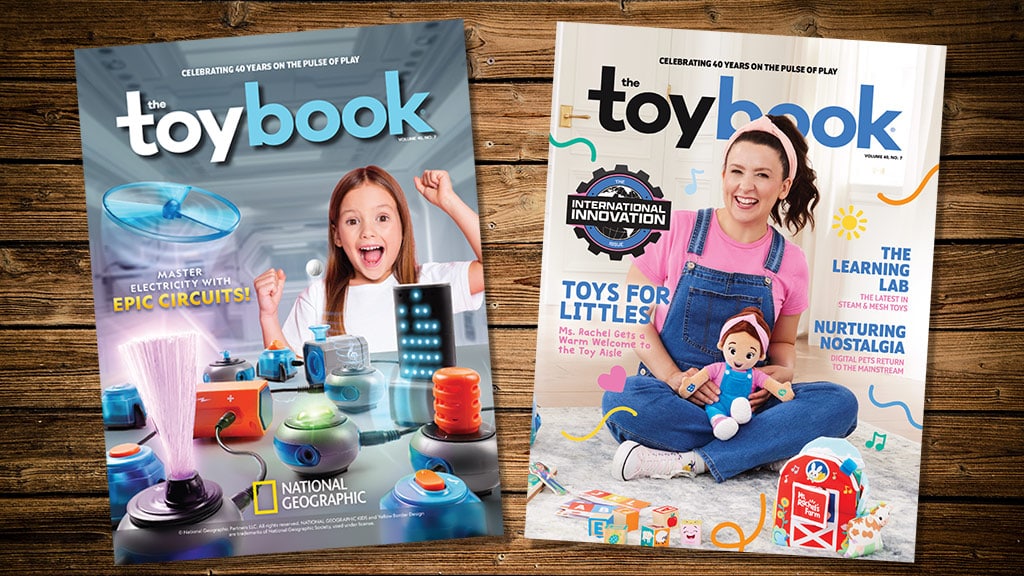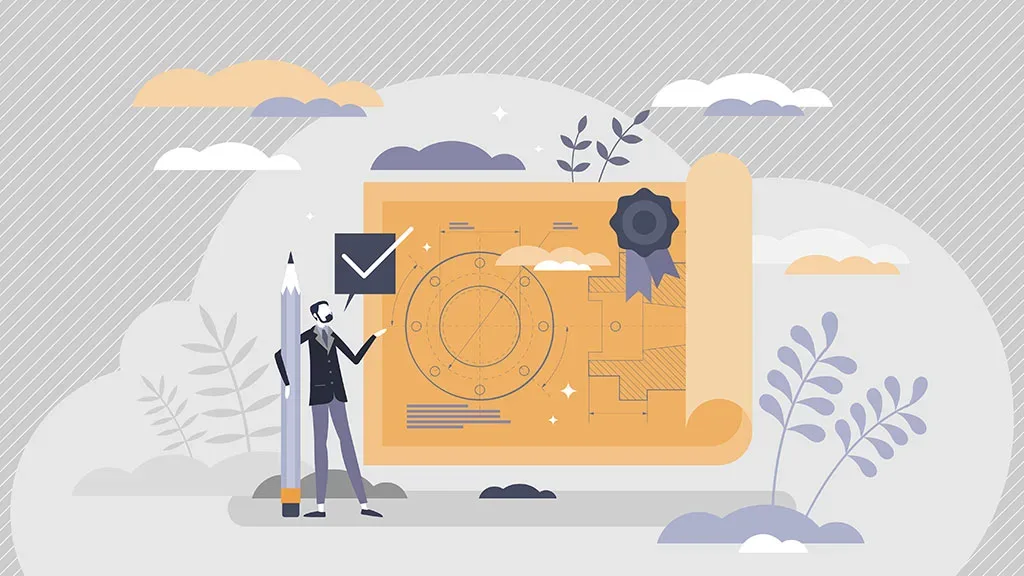
Author: Mr. Stephanie Pottick, Pottick Law PC and Protection Success
You’ve created the next big product and want to market and license it to a company. You may be wondering how to make this happen, but you’ll soon find great promotional opportunities through the Toy Council, People of Play, Mojo Nation, or Women in Toys, Licensing & Entertainment’s Empowerment Day.
I can almost guarantee you that the first thing they ask you to do is sign a non-disclosure agreement (NDA). You’d think, “Hey, no big deal; the NDA will protect my idea and prevent someone from stealing it. But think again.
Nondisclosure agreements written by large companies will often state… they may already be working on similar ideas, and you can’t expect any real protection.
Most of you have probably signed an NDA before – the question is whether you actually read and understood it before signing it.
The truth is: it doesn’t matter what the contract is called…it’s what the contract says. If you can draft and use your own confidentiality agreement (ideally through an experienced attorney), you have more control to ensure that a person or company looking at your idea cannot use it without your permission.
But NDAs written by big companies often say the exact opposite: They may already be working on similar ideas, and you can’t expect any real protection.
Yes, you read that right. This means that if you present your idea to a company and a year later a similar product made by that company appears on the shelves, there’s not much you can do about it.
Here are some things to note in an NDA:
- Are the parties listed correct? If you own a company, your company should probably be a party to the contract.
- What does “Confidential Information” cover? Read the definition carefully. Does it contain your proprietary ideas?
- What can recipients of your ideas do with them? Do they need permission to use them? What happens if they use your idea without permission?
- Do you retain ownership of your ideas in a confidentiality agreement?
- Is there a provision indicating that the obligation is binding?
- What laws apply? Is it based on the laws of a certain U.S. state, or does the law of another country apply? This may affect how you want to proceed.
Signing any agreement is a business decision. It is crucial to understand what you are signing before you sign. Sometimes the terms are “take it or leave it” but other times, you can negotiate. So why not try negotiating first? After all, our goal is to work together on terms that work for you.
I’d love to hear your NDA story. Set yourself up for success! Stay safe and stay legal!
*Disclaimer: This article is for informational purposes only and is not legal advice. Don’t rely on anything without doing your due diligence first.

A version of this feature was originally published in The Toy Book’s 2025 International Journal of Innovation. Click here to read the full article! Want to receive a printed copy of The Toy Book? Click here to view subscription options!
The article Raising the Bar: Demystifying the Myth of Nondisclosure Agreements appeared first on The Toy Book.



